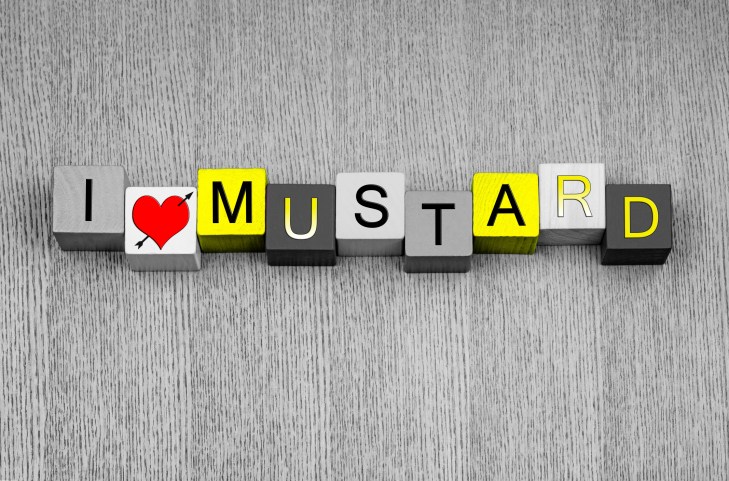The Best Multi Vitamin Benefits
No matter what your fitness or weight loss goals may be, there is one critical component required in every diet and exercise regimen. The multivitamin is an integral part of any nutrition based program. For those of you who ask, “Do I need a multivitamin? I eat fruits and vegetables,” the answer is a resounding “YES!” I know about zero people who eat the recommended daily allowance of whole foods to get enough vitamins and minerals! That’s right, not a single person I know is getting the appropriate nutrition to counter a good multivitamin.
The first thing to remember is this. You need a substantial amount of vitamins and minerals just to keep up with the recommended daily allowances set forth by our friends at the FDA. That being said, how likely is it that a single dose multivitamin contains everything you need? Even if it comes in a huge horse-pill sized dose, it is difficult for me to believe one pill can have every single vitamin and mineral we require on a daily basis. Therefore, the first thing I determine is the dosing instruction. If it says just one pill per day, put it back on the shelf. Some substance will be lost during the digestive process anyway and since we’ve already established one pill isn’t enough, your average one-a-day will be inadequate for your dietary needs.
Secondly, look for the best multi vitamin tailored to your needs. Evaluate what your goals are. Multivitamins come in a wide variety to help you with your specific challenges. There are multivitamin formulas for everything from weight loss to stress relief. There are also blends specifically based on gender. The best multivitamin for a woman may be substantially different from the one geared toward a man.
Once you’ve found the best multivitamin to suite your individual requirements, read the dosing instructions again, very carefully. Too much of a good thing can still be too much. For instance, a multivitamin normally contains some amounts of calcium, iron, potassium and zinc. Too much of these components can lead to muscle weakness, heart rate issues and stomach bleeding. Ingest too much folic acid and you may develop a rash, tightness in the chest, nausea and/or stomach discomfort. Especially when cold and flu season is upon us, it may be tempting to up your Vitamin C doses to combat the onslaught of virus’s and boost your immune system. However, be aware of the side effects of too much Vitamin C, which can include stomach cramps, diarrhea and even the development of kidney stones! Most importantly, an overdose of vitamins A, D, E or K can lead to life threatening symptoms including severe headaches, muscle and/or joint pain, blood in your urine, hair loss and a number of undesirable effects like vomiting and diarrhea.
The health benefits of taking a multivitamin, including disease prevention, energy, and an immune system boost, far outweigh the side effects which are usually minor. It is simply important to be aware of the recommended dose of your particular brand of vitamin and mineral supplement and follow it. You will find that along with exercise and a proper diet, the multivitamin can be the secret weapon in your health and fitness arsenal
-
Dieting and Fitness Blueprints to Lose Weight
Have you tried a million diets and fitness programs that were never
-
Revitalize Your Weight Loss Plan With These Inventive Tips
Stay creative throughout your weight loss program. They may feel
-
Weight Loss You Can Because You Can
Game Theory seems to find relevance even in an academically remote sub
-
How Effective Is Green Tea In Natural Weight Loss?
If you want to loose weight without taking any weight loss pills or c
-
Paying For A Weight Loss Program V Developing Your Own
Are you interested in losing weight? Whether you would like to impro
-
Gastric Pacemaker - An Option For You?
Newer technology is coming out to help f
- DON'T MISS
- Optimal Protein Intake For Top Performance
- Working out obsessively? Here’s Why You Aren’t Losing Weight
- Eat and Lose Weight - The Secrets Nobody Else Wants You to Know!
- Lose Weight Fast the Healthy Way
- From Chubby Teen To Smokin’ 20-Something: A BodyRocker Shares Her Story
- How To Lose Weight - 7 Super-foods For Women Revealed
- Is Losing Belly Fat Really That Necessary?
- Approaches To Help You Lose That Unwanted Belly Fat
- Doubts About Gastric Bypass One Womans Final Effort To Lose Weight Without Surgery
- Weight Loss Goals - Ways To Lose Weight Fast




